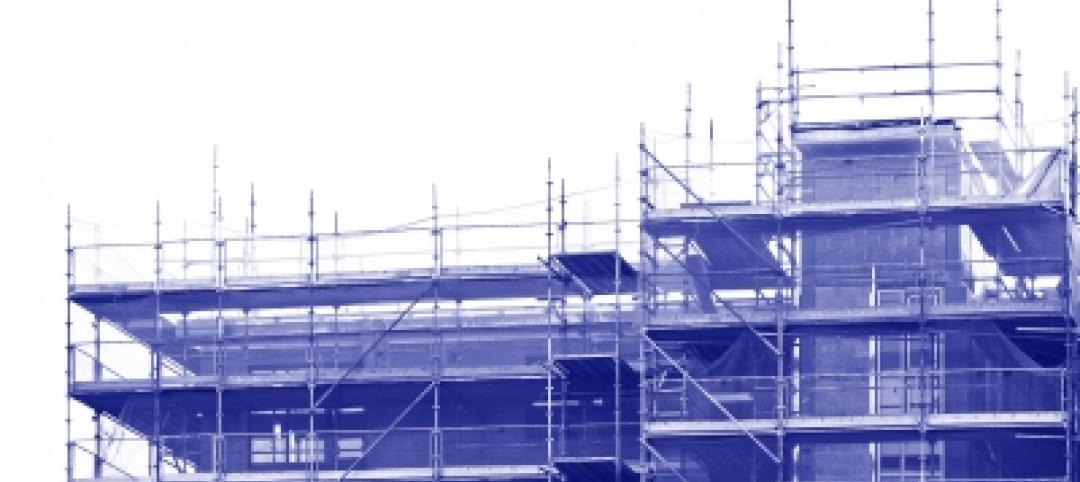The Washington D.C. Council recently passed legislation that will make it more expensive for owners to hold vacant or blighted property.
The Vacant Property Enforcement Act of 2016 reduces the maximum amount of time a vacant property can qualify for an exemption from higher vacancy tax rates. It also closes a loophole that allows continuous renewal of construction permits to qualify for tax exemptions, and require owners of vacant properties to prove they are no longer subject to the higher tax rates.
"The District has a substantial number of vacant properties, many of which are poorly maintained,” the bill report says. "Property owners may keep their properties vacant or fail to maintain them because they expect property values to rise over time. Poorly maintained and vacant properties can damage surrounding communities by being eyesores, by serving a venue for drug use and by providing a home for rodents or other animals. The net effect is to reduce the feeling of a cohesive community and depress surrounding property values."
The legislation reduces the time an owner can claim an exemption from higher taxes because of construction to one year for residential properties and to two years for commercial properties. Fines for failing to comply with city property regulations will rise from $1,000 to $5,000.
Related Stories
| Mar 5, 2014
Quebec's building code doesn't meet needs of its aging population
The issue was raised in the wake of a tragic fire at a seniors' residence in L'Isle-Verte.
| Mar 4, 2014
Massachusetts Congressional delegation asks FEMA to slow flood zone map requirements
After a recent successful challenge of the scientific methodology used to redraw the coastal high-hazard zones, the Massachusetts congressional delegation is asking federal officials to put the brakes on new flood zone maps for the Bay State.
| Mar 3, 2014
Injury-liability law responsible for higher construction insurance cost in New York
Construction contractors and developers in New York state face $3 billion more in costs and 667 more accidents per year because of a state law that holds builders solely liable for such accidents, according to a study commissioned by the New York Civil Justice Institute.
| Feb 28, 2014
GBI issues guide to help federal agencies meet sustainability mandates
The Green Building Initiative has released “The Guiding Principles Compliance for New Construction,” for federal buildings to help federal agencies meet sustainability mandates in the construction of new buildings.
| Feb 28, 2014
Steel Joist Institute standards open for review
The 2015 draft of the Steel Joist Institute’s “Single Joist Standard Specification for K-, LH-, and DLH-Series and Joist Girders” will be available for public review until May 31, 2014.
| Feb 28, 2014
Metcalf Construction wins key reversal from federal appeals court in Hawaii on military contract
Metcalf spent more than $76 million on a military construction project and sued to recoup costs.
| Feb 19, 2014
Obama Administration moves to boost fuel efficiency standards on heavy-duty vehicles
The Obama Administration wants to boost fuel efficiency of medium- and heavy-duty trucks for models made in 2019 and later.
| Feb 19, 2014
Net Positive Energy + Water is latest green certification standard
The advancement of sustainable construction has reached a new milestone with the development of Net Positive Energy+Water, a new green building certification standard that aims to improve net zero approaches to energy and water conservation.
| Feb 19, 2014
Obama’s climate resilience panel says PVs, cool roofs should be part of solution
Among the suggestions were rooftop solar energy systems and cool roofs, which could be encouraged by policies from local governments.
| Feb 19, 2014
OSHA proposes three-year postponement of crane operator certification requirement
OSHA’s proposal to postpone the compliance date for crane operator certification by three years was made official on Feb. 7 when it was published in the Federal Register.














